|
Diwali ‘een festival van licht’. Op 12 november werd een mis opgedragen en werd met de kinderen de rozenkrans gebeden ter intentie van hun Hindoe broeders. Diwali wordt ieder jaar over heel het land gevierd op Amavasya – de 15de dag van de duistere veertien dagen van de Hindoe maand Ashwin (oktober/november). Het symboliseert de oeroude Indiase cultuur die leert om de onwetendheid die de menselijkheid onderdrukt te overwinnen en de duisternis die het licht van de kennis verzwelgt te verdrijven. Zelfs vandaag, in deze moderne wereld, projecteert Diwali, festival van het licht, het rijke en roemvol verleden van India. (foto's 1 tot 3)
St. Johns school vierde op 14 november de dag van het kind. Het is de geboortedag van Pundit Jawaharlal Nehru – de eerste Eerste Minister van het vrije India. Het heeft een speciaal belang want Pundit Nehru had een grote liefde voor kinderen. Hij wenste bij hen te zijn, met hen te spreken en te spelen. De kinderen hielden van hem, respecteerden hem en noemden hem Chacha Nehru. De school had een mooi programma met prijsuitreiking en op het einde werd gezamenlijk gegeten. (foto's 4 & 5)
'Diwali 'a festival of light'. On November 12th they had mass and rosary along with the children who prayed for their Hindu brothers. Diwali is celebrated on a nation-wide scale on Amavasya - the 15th day of the dark fortnight of the Hindu month of Ashwin, (October/November) every year. It symbolizes that age-old culture of India which teaches to vanquish ignorance that subdues humanity and to drive away darkness that engulfs the light of knowledge. Diwali, the festival of lights even to-day in this modern world projects the rich and glorious past of India. (pictures 1 through 3)
Children day was celebrated at St. Johns school on the 14th of November. It is the birthday of Pundit Jawaharlal Nehru - the first Prime Minister of free India. It has an importance of its own.
Pundit Nehru had a great love for children. He wanted to be among them, talk to them and play with them. The children also loved and respected him and called him Chacha Nehru. The school had a good programme and prize distribution and at the end they shared the common meals. (pictures 4 & 5)
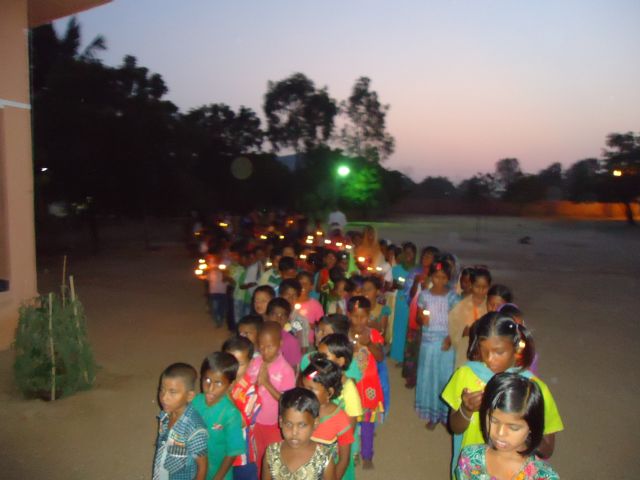
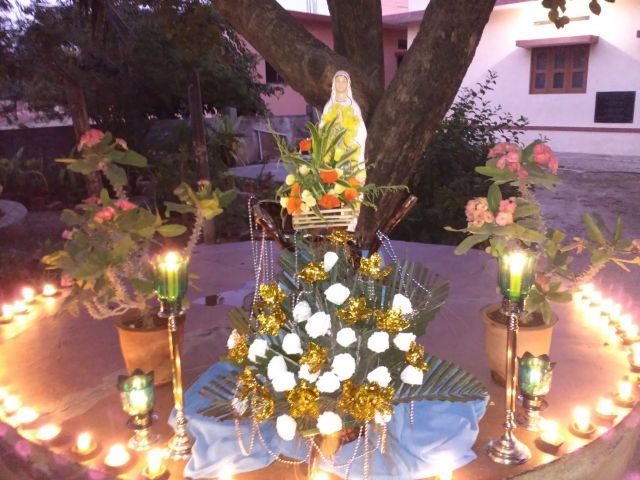
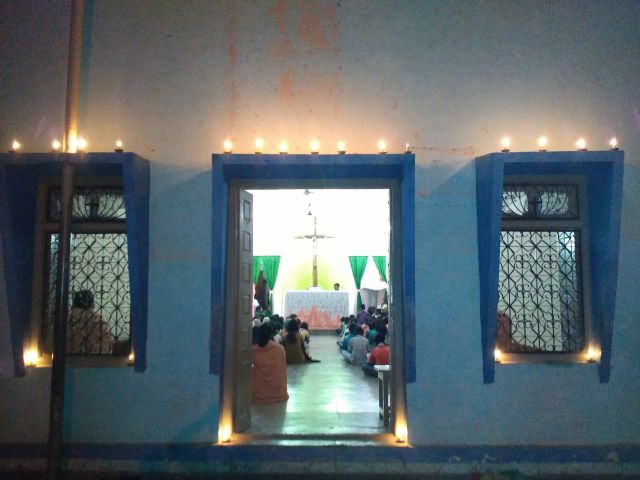
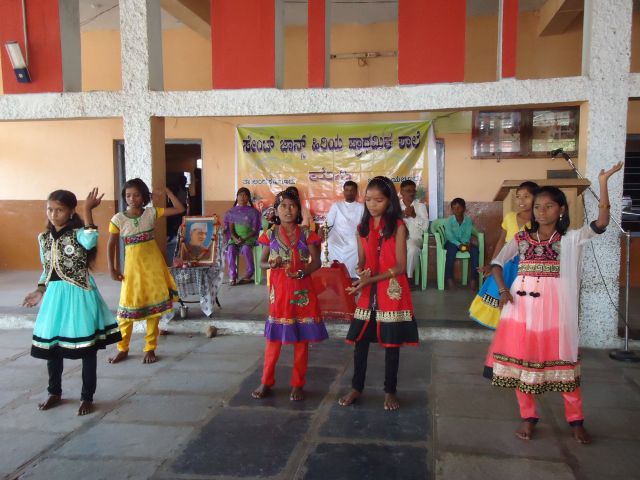
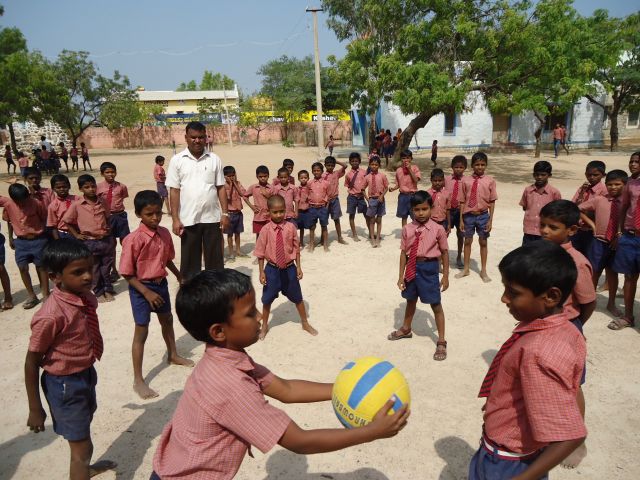
|


